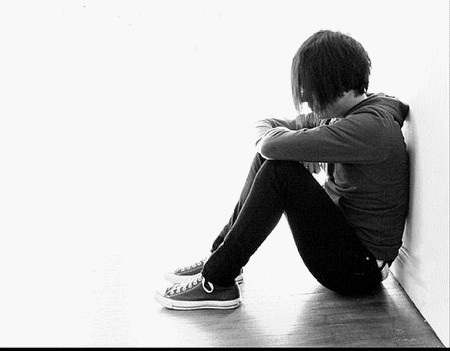Some parents try to protect their youngsters from the possible dangers of drinking or smoking by bribing them, or forbidding them to experiment. Both methods have their drawbacks. Forbidding an activity instantly makes it doubly glamorous and enticing. By stressing that a certain act should not be done ‘until you are over 16/ over 18/ over 21/old enough’, you set up a desirable goal. If drinking and smoking are things real adults do, then the reverse is true – start drinking and smoking and you show yourself as having passed a rite of passage and attained adulthood. Offer a ready-made rule to break to a questioning adolescent, and any youngster worth their salt will leap at the challenge! Bribery invites corruption. With no reason to keep away from drink or tobacco beyond the desire to earn the reward, most people could be persuaded to dabble and lie. So, bribery can actually encourage the practice of deceit.

A better method is to examine why we use drugs, how they can effect us and whether these effects are actually worthwhile. Apart from the symbolic meaning and the physical effects, many of us also indulge for a range of emotionally satisfying reasons. Even adults will sometimes try a new drink to be daring or fashionable, and young people particularly will want to experiment, to be rebellious and to go against your rules. Illegal drug use can then seem especially exciting in that it offers a heightened experience of all these areas, but can lead to abuse, and that’s why having resources like the Marin County Rehab Novato, CA facility is important for prevent more serious issues.
Unfortunately, just knowing about drugs may not be enough. It is important to admit the addicts into a substance abuse treatment program.Intelligent, sensible young people who go through extensive health education at school and who know all about the dangers of tobacco can still start smoking cigarettes. We abuse substances for reasons that have nothing to do with sense, logic or knowledge. It may be because of peer-group pressure – everyone else is drinking, smoking or shooting up and we don’t want to stand out as different. It may be because of emotional pressures – life is getting on top of us, and a quick slurp, drag or fix will make us feel better. Just talking about the dangers of these substances cannot in itself prepare us to resist the pressures from outside and inside. The only way to do that is to discuss the pressures as well, to acknowledge how they affect us and to work out ways of avoiding and resisting them.
At the moment, we tend to use the bogeyman syndrome in talking about drug use. By this, I mean that we only tell young people about the horror stories. We tell them that drugs will harm them, destroy them, impoverish and degrade them. We don’t dare mention the reason people use drugs – because they can make you feel good – in case that sends them off to give it a try. This approach is fine, if they never encounter a drug or a drug taker. However, if they meet someone who appears sane, well and in control and who offers them ‘a taste’ that does have a nice effect, and doesn’t harm them immediately, they may conclude that you were lying. Since you didn’t say it would feel so good, you obviously don’t know what you are talking about, and nothing you have said is worth remembering.
If you don’t discuss the whole package, you risk having the essential bits thrown out. It is possible to know, for instance, that using ‘crack’ is probably the best physical sensation you are ever likely to experience – and yet have no intention of ever trying it. If you want your teenager to stay off drugs White Sands suggests, it’s better that they learn from you that what is offered is short-term pleasure followed by long-term trouble, than hear the threats from you and the promises from someone else, and opt to believe only the latter. The more you know about the subject, the better you can understand the temptations your teenager may come up against. You can then prepare them to resist, or be alert yourself to the tell-tale signs.

Drug use seems to go in fashionable cycles. ‘Speed’, or amphetamines, cannabis and LSD were the favored drugs of the sixties and seventies. The eighties have seen a rise in the use of heroin and cocaine. International practices dictate what is available, and economics dictate what is used. Cocaine, for instance, tends to be a ‘yuppie’ drug, not only because it is clean and easy to use, but because it is expensive. Heroin, once a very pricey habit, has come down-market. Speed appears to be making a comeback in Britain today and has been dubbed the ‘young man’s or poor man’s cocaine’, since it is one sixth the price of the real thing. Cannabis is still the most favored substance among illegal drug users today, but amphetamines, manufactured in illicit laboratories, are now the next most popular drug.